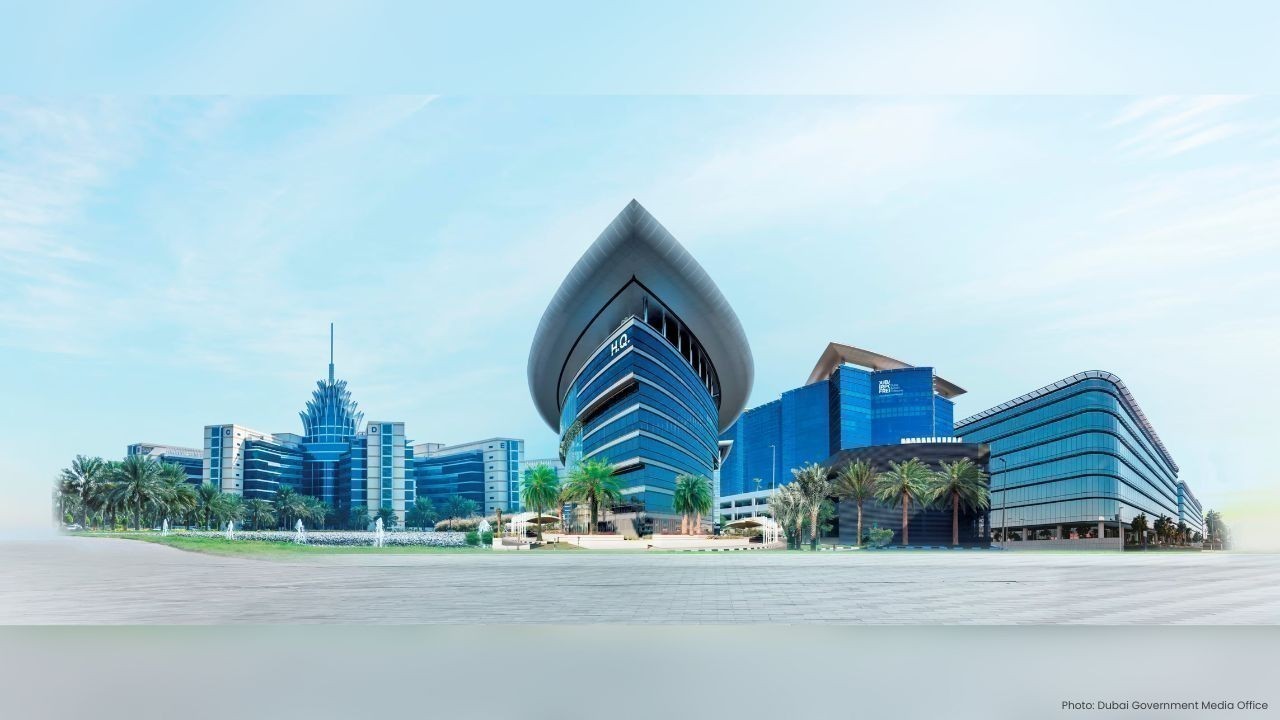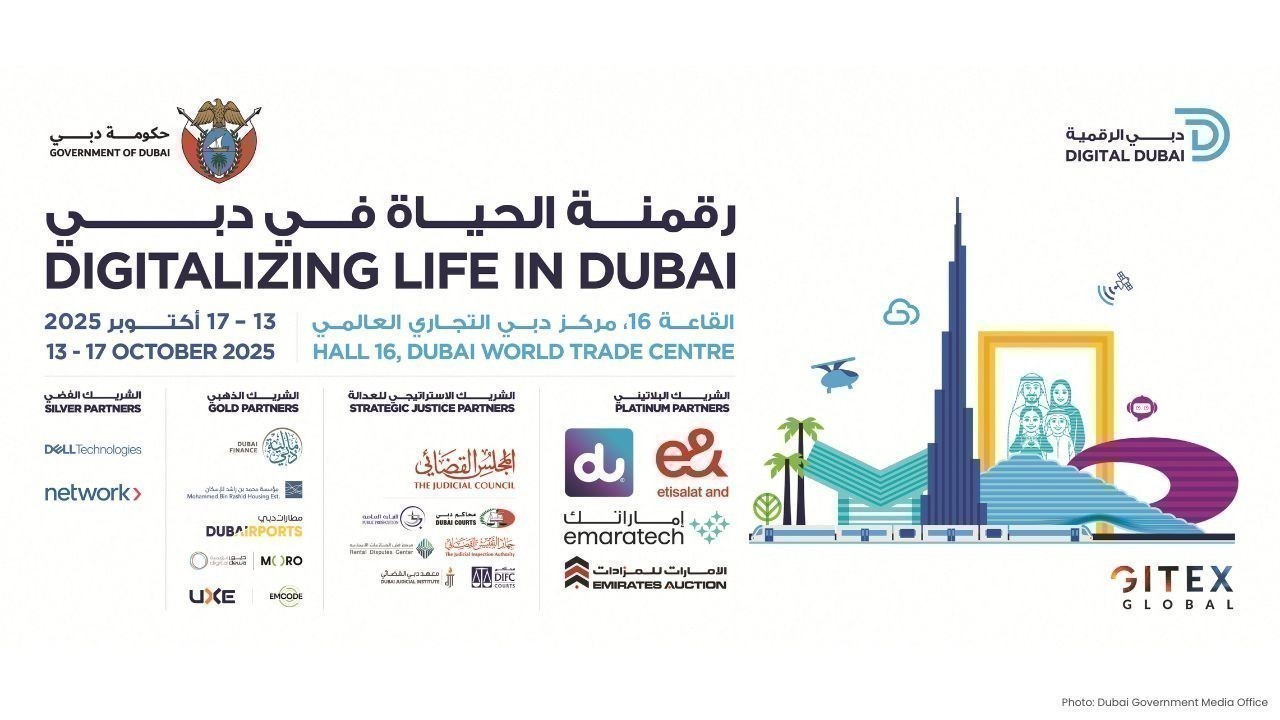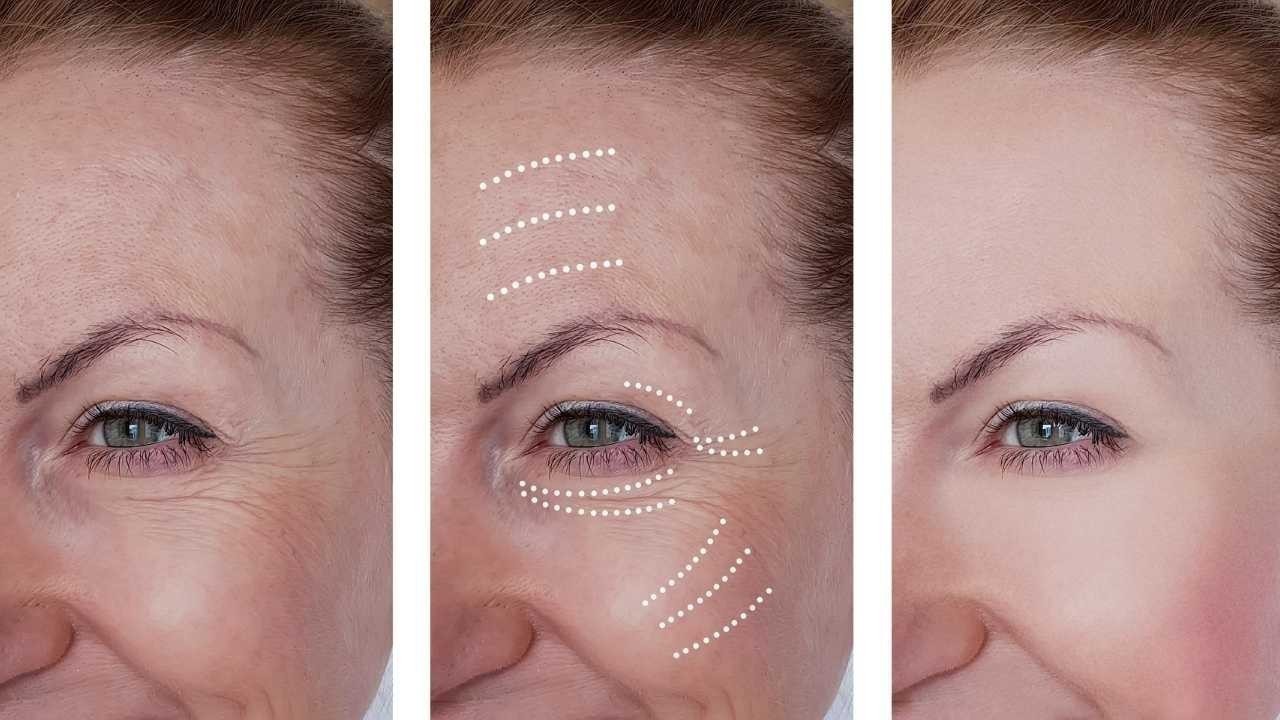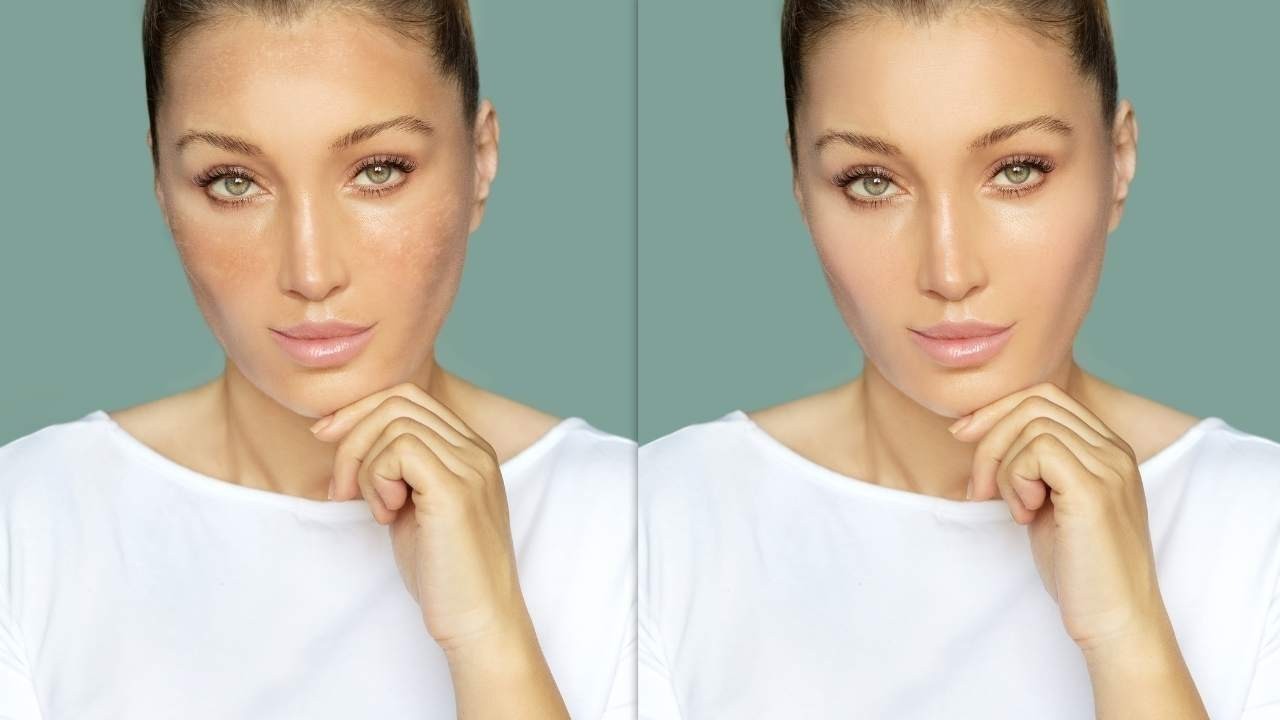
Post by : Anish
For centuries, the idea of living to 120 belonged to the realm of myth, philosophy, or science fiction. Today, it’s edging closer to reality. Around the world, longevity clinics—exclusive medical centers specializing in life extension—are combining cutting-edge science, high-end hospitality, and a deep-pocketed clientele eager to slow the march of time. What was once an esoteric pursuit of a few visionary scientists has transformed into a fast-growing global industry worth billions.
In 2025, longevity clinics are no longer confined to the laboratories of elite universities or the secret retreats of the super-rich. They’ve become part of the mainstream conversation about health, wellness, and economics. And as technology advances, so does the potential for more people—not just billionaires—to extend their healthy years well beyond the traditional limits.
Longevity clinics are fundamentally different from traditional hospitals or wellness spas. They merge preventive medicine, cutting-edge biotechnology, and personalized health planning into one seamless offering. While a traditional medical check-up might last 30 minutes and end with a prescription, a visit to a longevity clinic could span several days, producing a decade-long roadmap for your body.
Patients undergo a battery of advanced tests—full genome sequencing, microbiome mapping, AI-driven health risk modeling, and continuous biomarker tracking. The aim is not to treat illness but to prevent it from developing in the first place. In many cases, these clinics use data models to predict health risks decades ahead.
At the core of longevity clinics is a suite of rapidly evolving scientific fields:
Genomics and Epigenetics – Unlocking how our genes and gene expression influence lifespan and finding ways to slow or reverse biological aging.
Stem Cell Therapy – Regenerating damaged tissues and organs to restore youthful function.
Senolytics – Drugs designed to remove “zombie cells” that accumulate with age and cause chronic inflammation.
Hormone Optimization – Balancing declining hormones such as testosterone, estrogen, and growth hormone to maintain vitality.
Regenerative Medicine – Using biomaterials, lab-grown tissues, and advanced healing techniques to rejuvenate the body.
What sets these clinics apart is their integrated approach. Instead of isolated treatments, they create synergistic plans that combine diet, exercise, supplements, pharmaceuticals, and sometimes experimental therapies.
While many patients are wealthy individuals willing to invest six figures in their health, longevity clinics are beginning to attract younger, health-conscious professionals. These clients aren’t necessarily sick—they’re looking to protect their future selves.
Celebrities, tech founders, hedge fund managers, and athletes are among the most visible clients, but a growing middle-tier of entrepreneurs and executives is fueling the expansion of this industry. Their goal isn’t simply to live longer—it’s to maximize performance at every age.
Longevity clinics operate at the intersection of medicine, luxury hospitality, and high-end personal services. The cost structure often includes:
Initial Comprehensive Assessment – Ranging from $15,000 to $100,000 depending on location and scope of testing.
Personalized Programs – Monthly or quarterly follow-ups, supplements, medications, and ongoing monitoring.
Retreat Packages – Multi-week stays at luxury resorts with medical facilities, priced anywhere from $50,000 to $250,000.
Membership Plans – Annual subscriptions to exclusive treatments, concierge doctors, and priority access to new experimental therapies.
This high-margin business model thrives on exclusivity, but competition is rising, especially in medical tourism hubs like Switzerland, Singapore, Costa Rica, and Thailand.
Countries are beginning to recognize the potential of longevity tourism as a lucrative niche. Governments are offering tax incentives, relaxed regulatory pathways for innovative treatments, and partnerships with private investors. Some nations see longevity medicine as a way to attract high-net-worth individuals and boost the local economy.
Destinations like Switzerland market themselves on precision and discretion, while Thailand offers a combination of advanced medical care and tropical luxury at competitive prices. Meanwhile, the United States remains home to some of the most cutting-edge research-based clinics.
As exciting as the idea of living to 120 sounds, it’s not without controversy. Critics argue that:
Longevity clinics cater primarily to the wealthy, widening health inequality.
Experimental treatments may be offered without sufficient long-term safety data.
Extending human lifespans could strain resources, social systems, and the environment.
Supporters counter that the technology developed in these elite clinics often trickles down, just as with smartphones or high-end medical equipment. They envision a future where longevity medicine is affordable and accessible to the broader population.
There’s a compelling economic case for investing in longevity. Aging populations are one of the biggest challenges facing economies worldwide. Extending healthy lifespans could dramatically reduce healthcare costs, keep people in the workforce longer, and boost productivity.
A 2024 study estimated that adding just one healthy year to the average lifespan could generate trillions in global economic value. Longevity clinics are betting on this trend—and investors are pouring billions into the sector.
AI is revolutionizing longevity medicine. Advanced algorithms are able to:
Predict disease years before symptoms arise
Suggest personalized diet and fitness plans
Optimize drug dosages for each individual
Continuously analyze real-time health data from wearable devices
Some clinics are even experimenting with digital twins—virtual models of a patient’s body that can be used to simulate treatment outcomes before they’re applied in real life.
Over the next decade, longevity clinics could become as common as fitness centers—though likely with tiered pricing models. As patents expire, treatments will become cheaper, and AI will make personalization more efficient.
We may also see the rise of corporate longevity programs where companies invest in employees’ health to reduce turnover and healthcare costs. In such a world, the line between workplace benefits and medical care will blur.
Living to 120 is still far from guaranteed, but it’s no longer a fantasy. Longevity clinics are at the forefront of this transformation, blending science, luxury, and ambition into a new form of healthcare. The industry’s rapid growth signals both the promise and the challenge of reshaping human aging.
For now, those with the resources can buy a front-row seat to the future of medicine. But as the science matures, the hope is that everyone—not just the elite—will have access to the tools that can help them live longer, healthier, and more vibrant lives.
This article is for informational purposes only and does not constitute medical advice. Longevity treatments and anti-aging therapies vary in efficacy and safety. Readers should consult qualified healthcare professionals before considering any medical intervention.

NBA District Returns to Abu Dhabi with Legends & Live Events
NBA District 2025 hits Abu Dhabi with legends, live games, concerts & fan activities from 2-5 Octobe

The Hidden Language of Handwriting: How Supriya Deshapande Uses Graphology and Graphotherapy to Heal
Discover how Supriya Deshapande uses graphology and graphotherapy to heal emotions and connect mind,

Dubai Launches Employee-to-Entrepreneur Program for Startups
DIEZ unveils ‘Employee to Entrepreneur’ initiative to empower employees, nurture startups, and boost

Emirates Adds Six Weekly Flights to London Heathrow
Emirates boosts London travel with six new weekly flights to Heathrow, enhancing connectivity and co

Dubai Showcases Smart Government at GITEX Global 2025
Dubai Government Pavilion at GITEX 2025 highlights AI, digital innovation, and smart city initiative

Pope Leo Backs Trump Gaza Plan, Urges Hamas Cooperation
Pope Leo praises Trump’s 20-point Gaza peace plan, urging Hamas to review it while stressing humanit

Big Pharma Unites to Train AI Model for Drug Discovery
Bristol Myers, Takeda, J&J and others join forces to train OpenFold3 AI with protein–molecule data,

Top Nutrient Rich Foods Every Woman Should Eat for Better Health & Energy
Discover top nutrient rich foods every woman should eat to boost energy immunity and overall healt

Fibre for Weight Loss How High Fibre Foods Help You Shed Pounds Naturally
Learn how fibre helps you lose weight naturally keeps you full boosts digestion and supports a healt

Small Weight Loss Tips to Protect Your Knees
Even small weight loss can reduce knee pain improve mobility and protect joints Learn simple tips to

Men s Grooming & Skin Care Guide Tips for Healthy Skin and Confidence
Discover the ultimate men s grooming and skin care guide with tips for healthy skin hair care and co

Body Contouring & Slimming in Dubai Safe Non Surgical Ways to Reshape Your Body
Discover safe effective body contouring & slimming treatments in Dubai to reduce fat tighten skin an

Anti Aging & Rejuvenation in Dubai Secrets to Younger Skin & Wellness
Discover anti aging & rejuvenation in Dubai From Botox to natural care explore safe treatments for y

Lip Tanning & Sun Damage Causes Signs Prevention & Treatments
Learn about lip tanning and sun damage Discover causes signs prevention and treatments to keep your

Top Skin Whitening & Brightening Treatments in Dubai for Glowing Skin
Discover Dubai s top skin whitening & brightening treatments for radiant glowing skin with safe effe